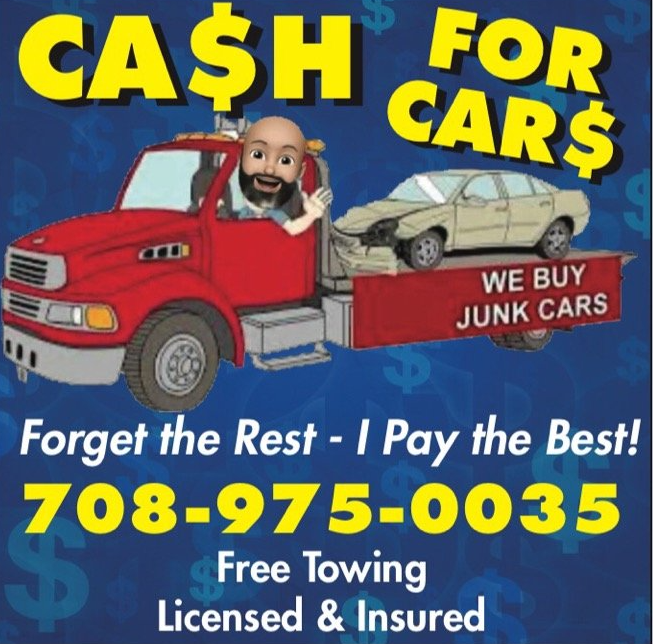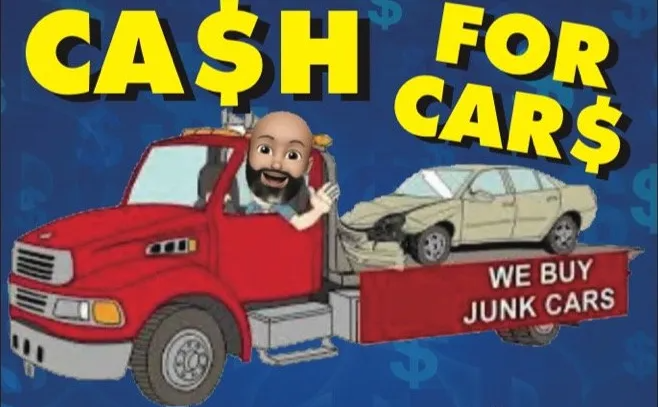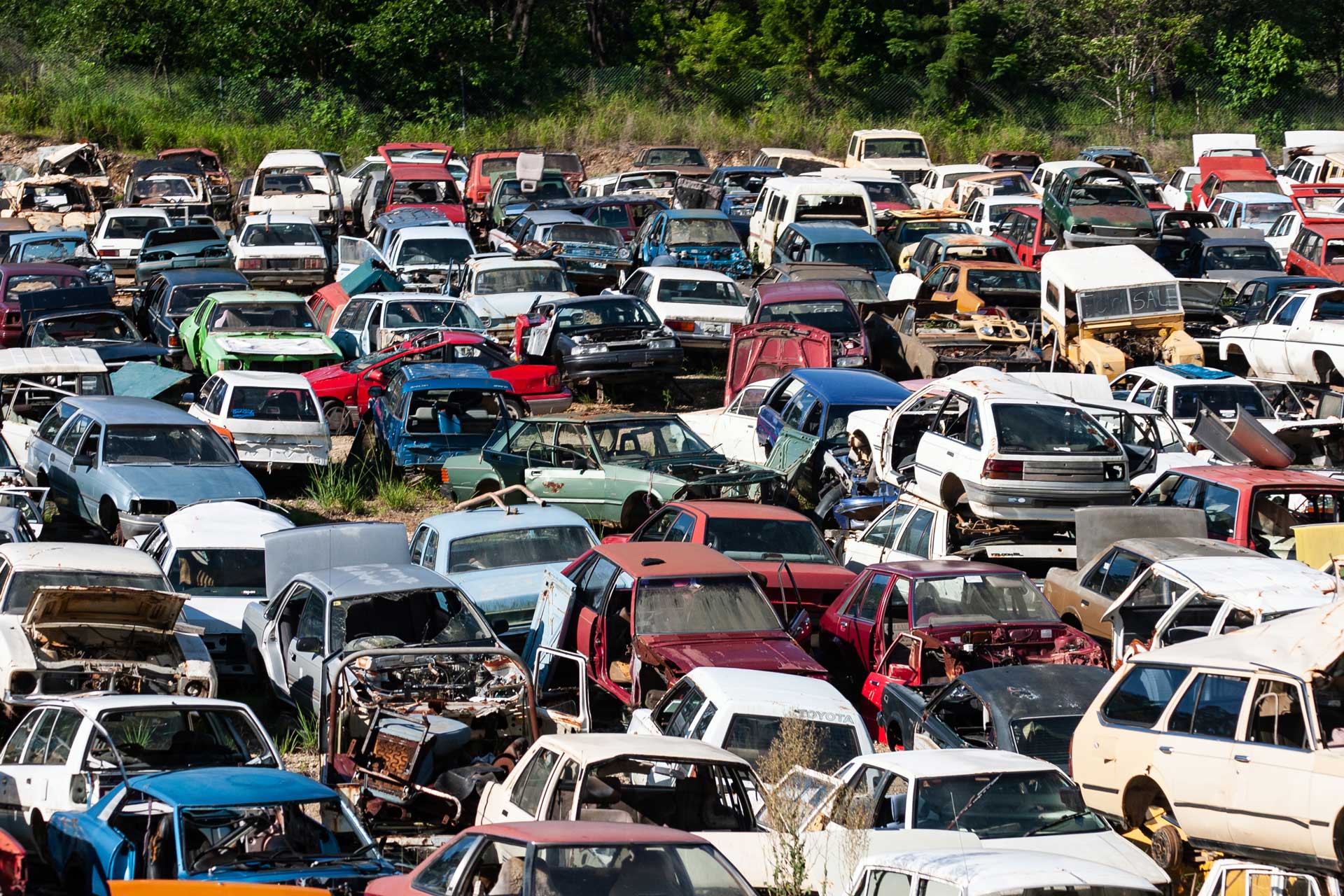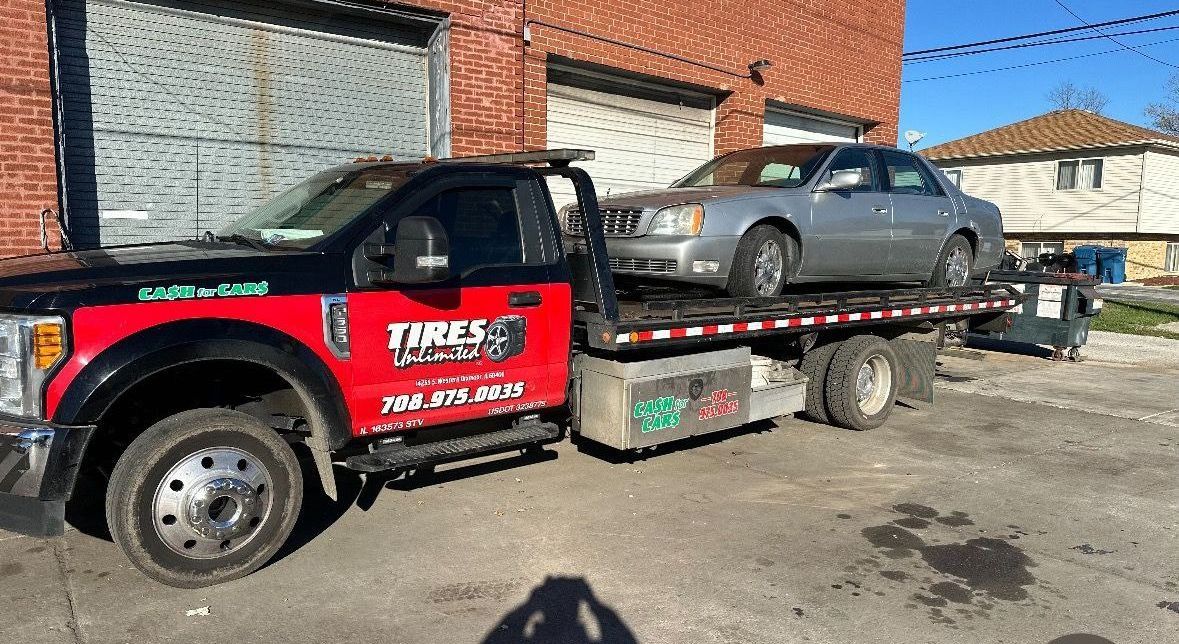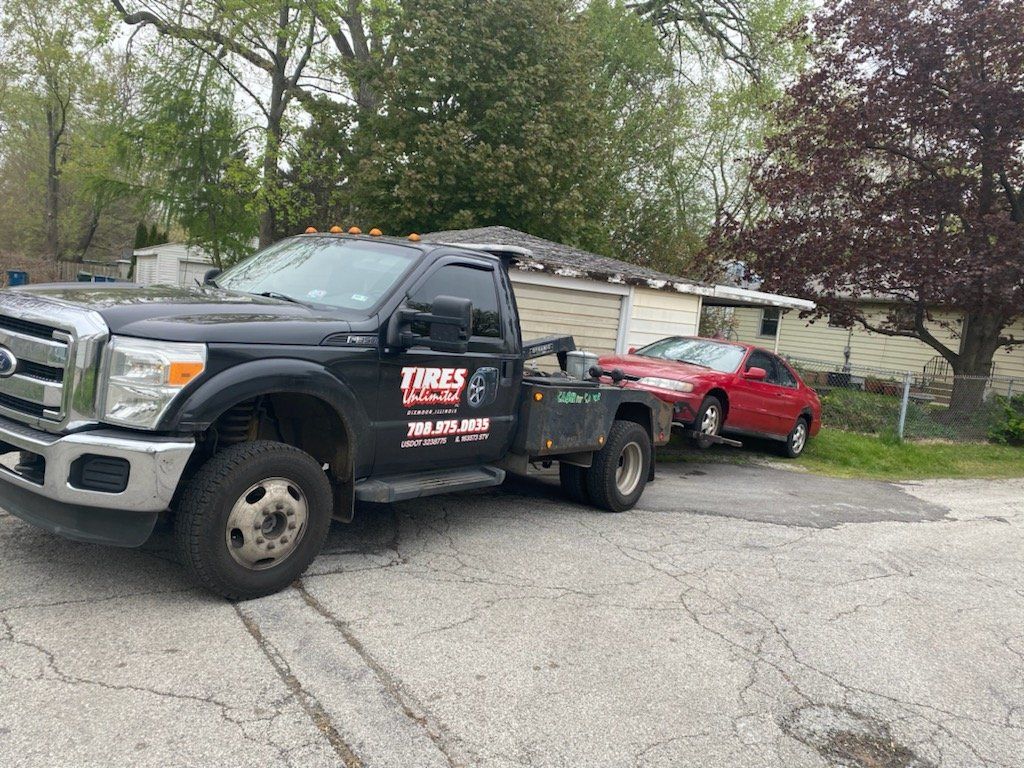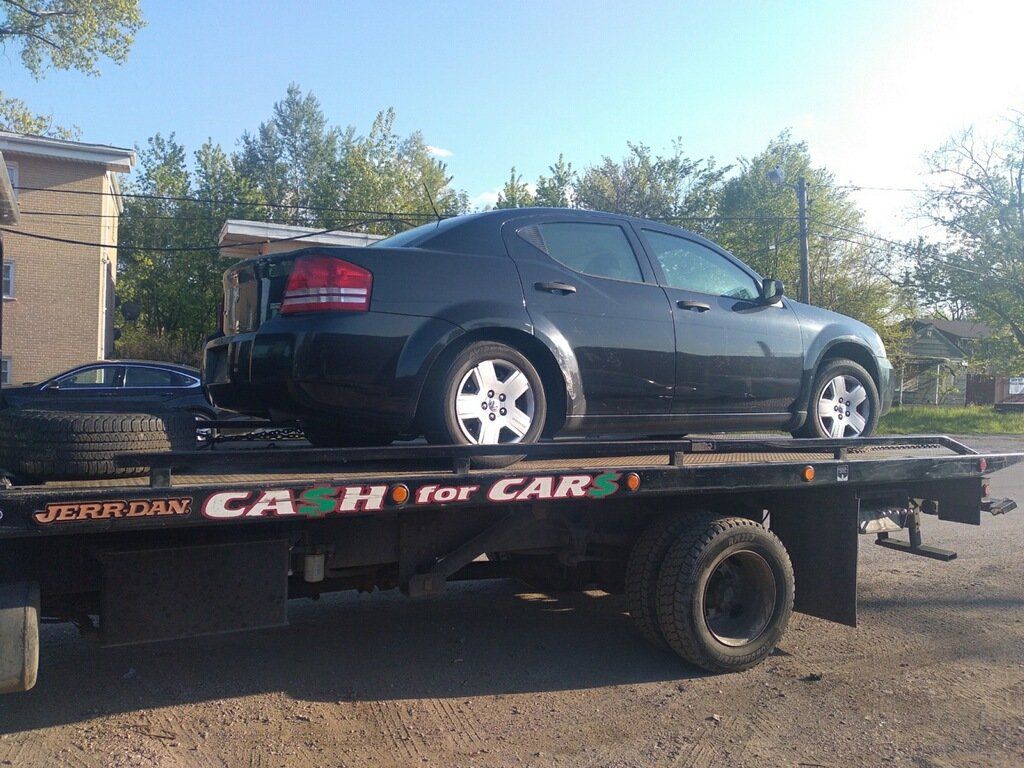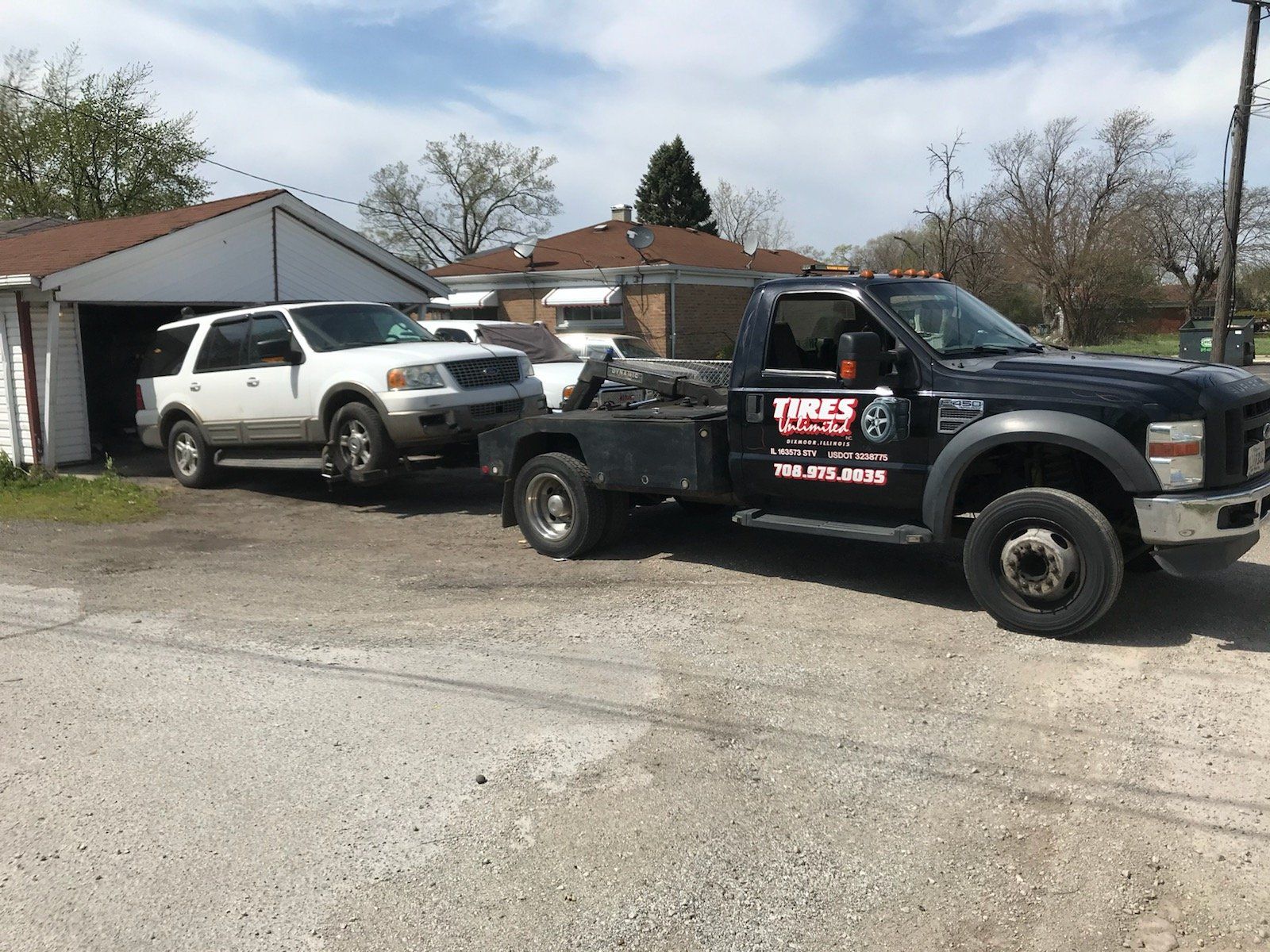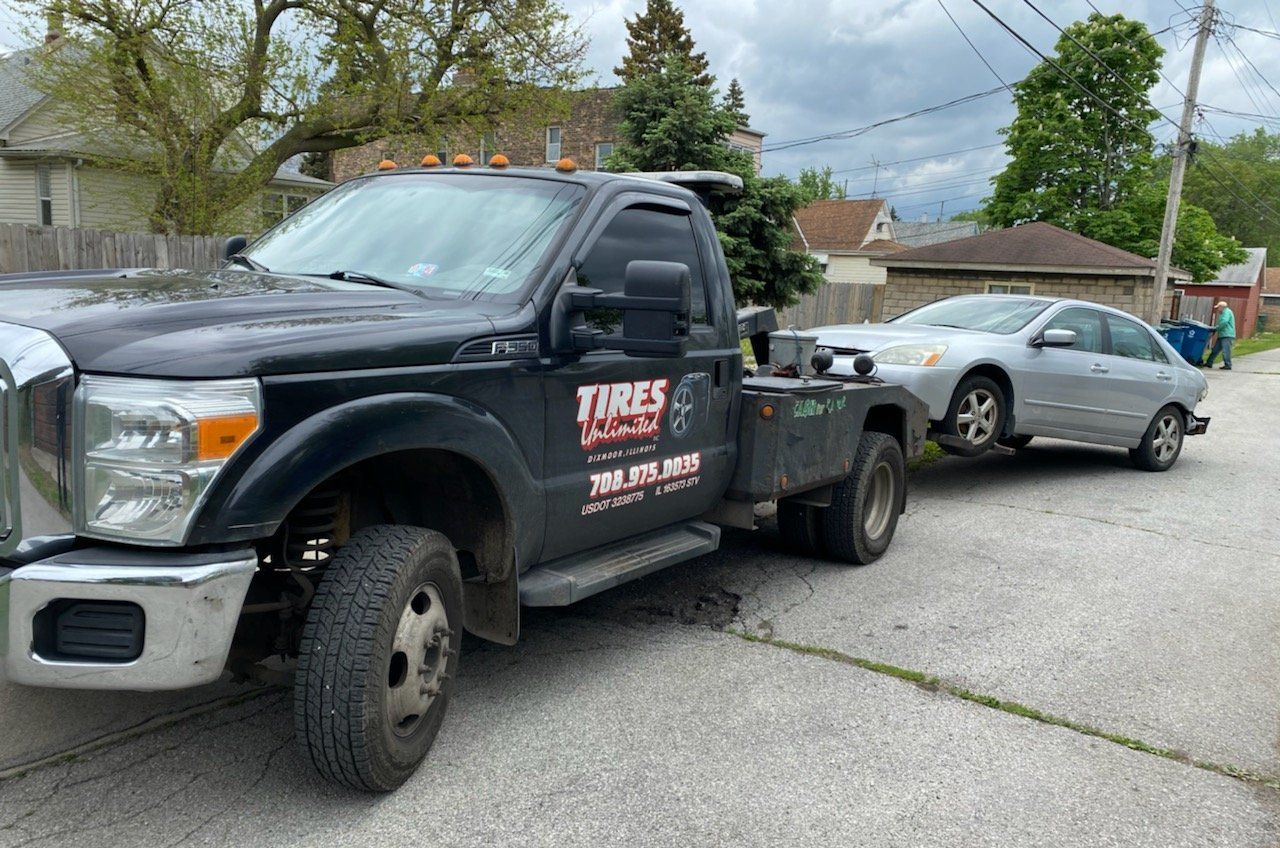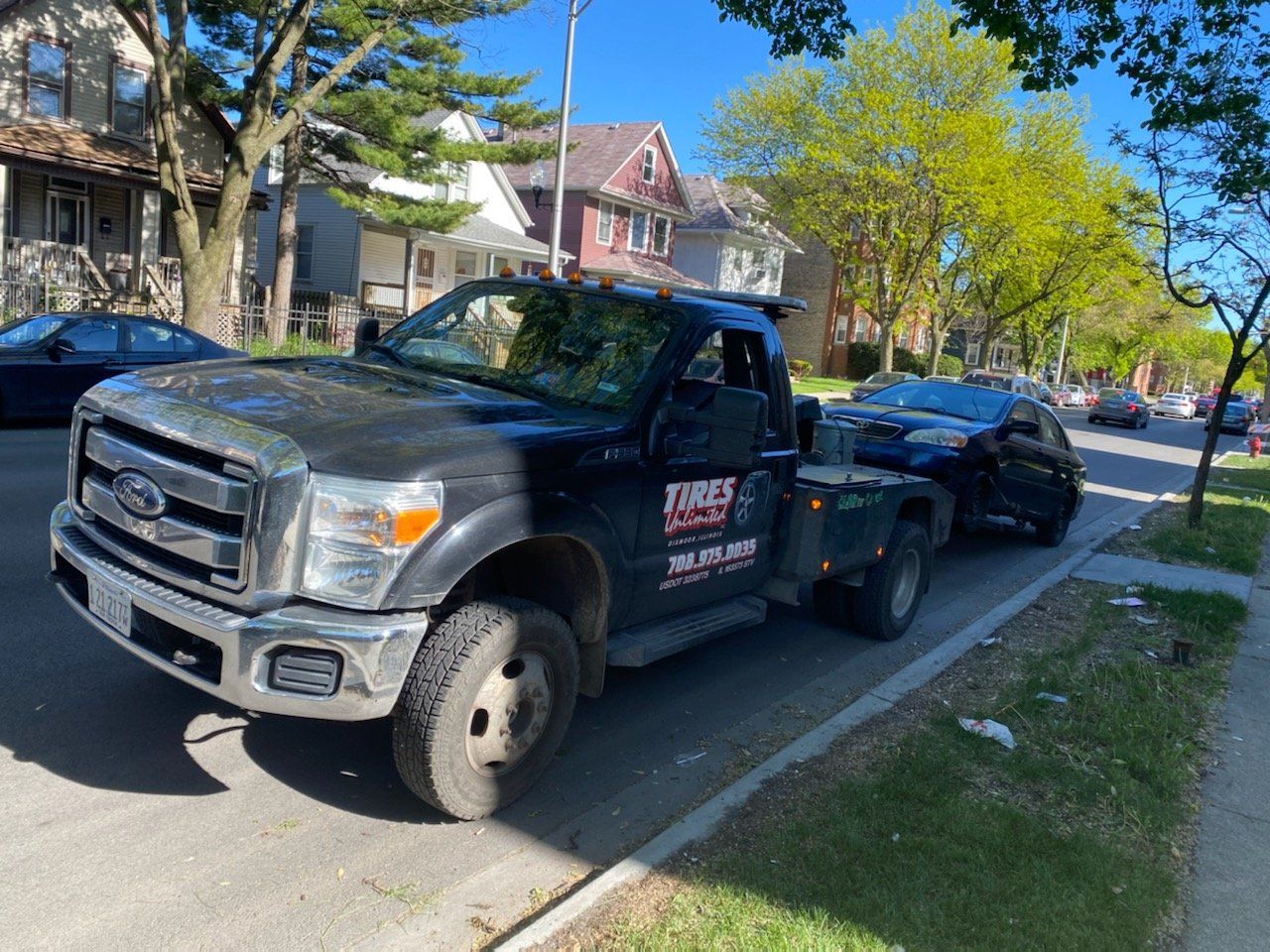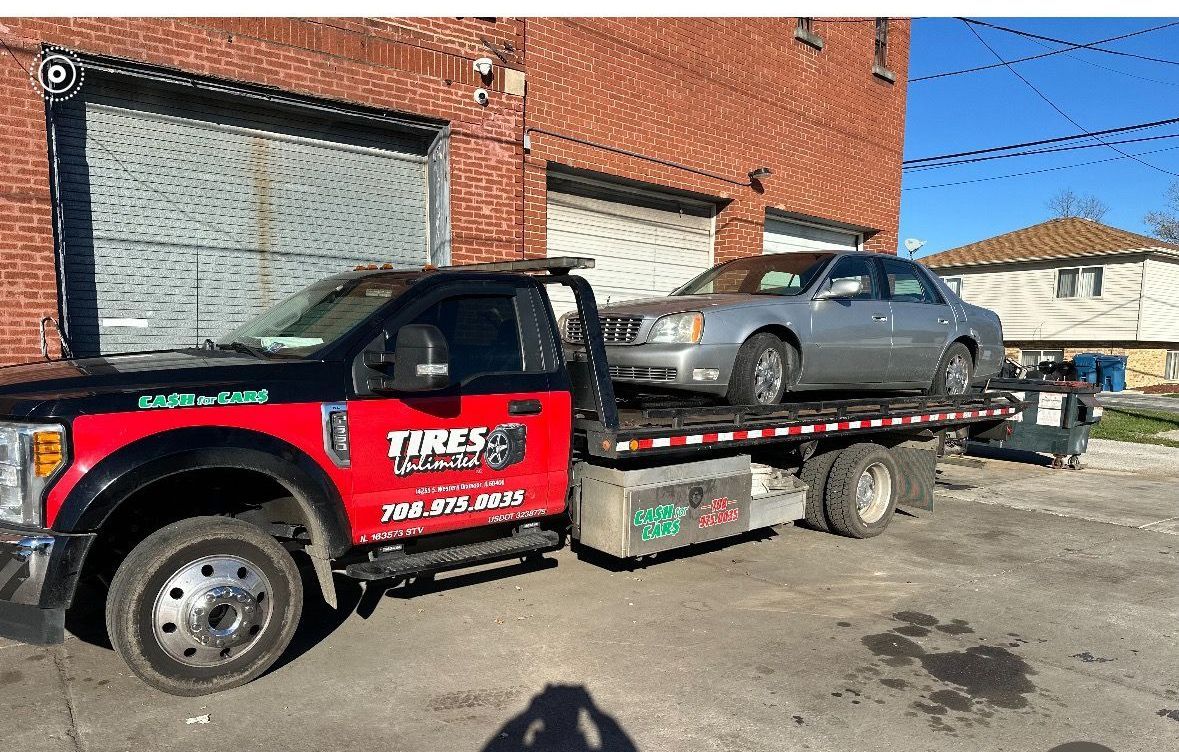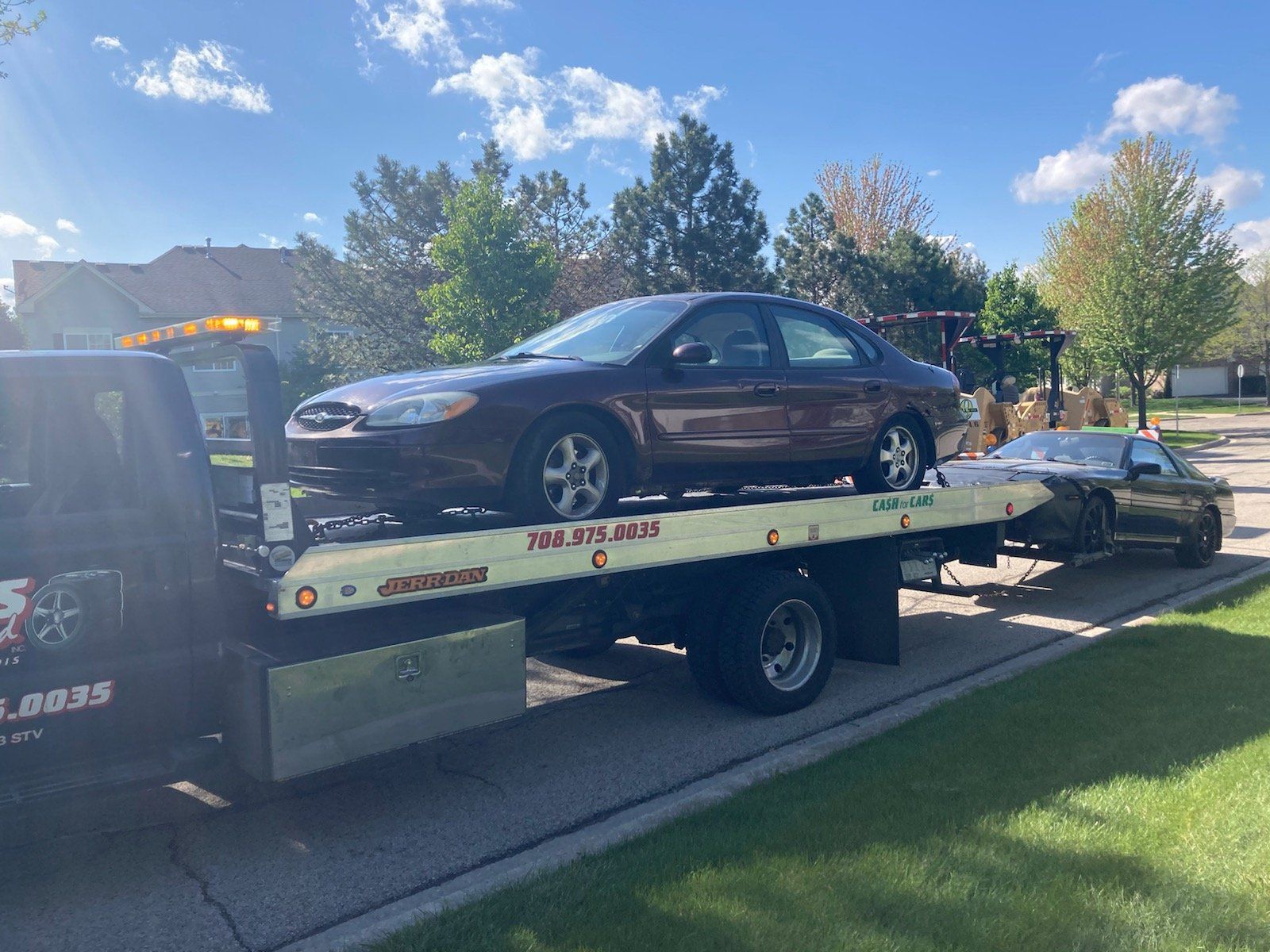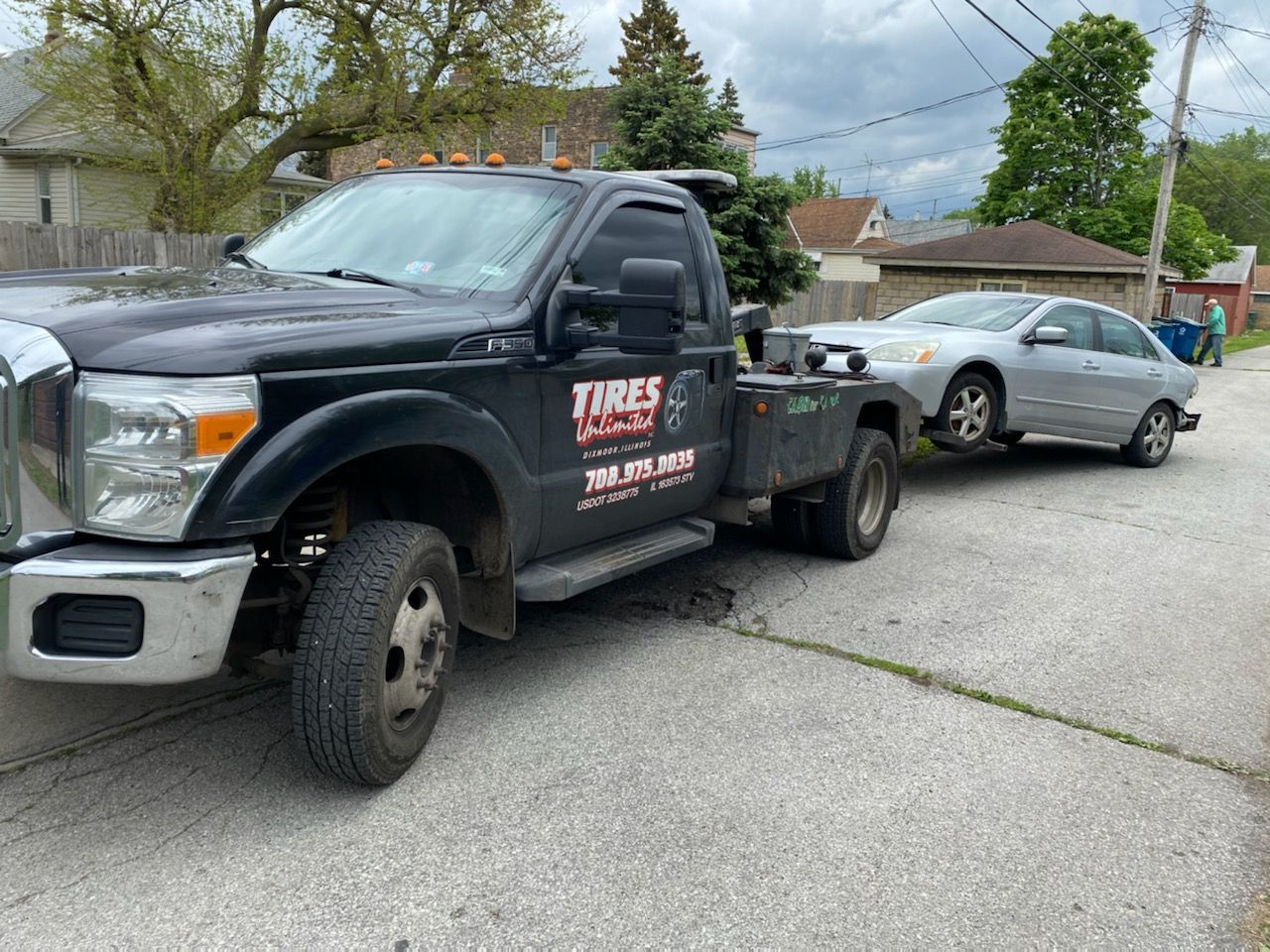5 Factors That Influence the Price for Your Junk Car
September 6, 2021
The time has come for you to attend to that old or nonfunctional car that's been sitting in your driveway for years and hand it over to a junk car buyer, but the question of how much you'll get for your vehicle may hold up the process on your end.
Only an official quote can provide you with a firm fiscal number for your car, but there are several factors to consider before you bring your car to a buyer that may give you a better idea of what it could be worth.
1. The Age of Your Vehicle
Just as with the purchase of a new vehicle, modernity is an important determinant when it comes to the worth of your junk car. While vehicles even as old as your grandparents are eligible, newer cars are very likely to have a higher price tag.
However, just as when browsing the classifieds for your next vehicle, rare, classic, or hard-to-find vehicles may carry more value than some newer models. No matter what, it's better to trade in your vehicle sooner than later to cash in on its present-day value before it dips with age.
2. The Shape It's In
When you submit information to get a quote for your junk car, you'll be asked about the current condition of your vehicle. It comes as no surprise that cars in better physical condition will yield a higher financial return, so if your vehicle has been sitting idly for a few years accumulating rust, you might want to bring it in before any further rust or deterioration can develop.
3. Current Scrap Metal Prices
The total you'll be paid for your car isn't always completely up to the buyer's appraisal. Junk car buyers are subject to fluctuations due to scrap metal prices.
Scrap metal, such as steel, aluminum, and copper, are handed off to recycling plants where they are reprocessed and given a new life, but plants purchase metals at prices based on several inputs, including global economic status, supply and demand, and even the strength of the foreign currency.
Your local junk car buyer has to take these variations into account when your quote is formed, so a car could hold a higher value at one time, and a lower at another. Heavier cars, with more total metal weight, will benefit more from these fluctuations than lighter vehicles.
4. The Number of Salvageable Parts
Though your junk car may not be driveable, it does not mean that all its individual parts are defective or worthless. Many used car parts are collected from junk cars and then refurbished for future use. If your car has any working parts, it could put more cash in your pocket.
Junk cars with functional GPS systems, catalytic converters, and airbags can be dismantled and parted out. As well, if your car's doors, bumpers, fenders, tires, and rims are in great condition, it could upgrade the total payout, too.
5. Transportation Costs
Depending on the status of your car, it could cost you to transport it to a junk buyer. Some junk cars have been in accidents that have damaged the wheels, axles, or control arms which render them unable to roll to be towed by a hitch. Others may be completely driveable and won't require any additional transportation assistance.
Safe transportation of your car to the junk buyer of your choice is imperative, as many older or damaged cars may face even more damage if you try to transport it yourself. It may be worth it to get it lifted by forklift and placed on a carrier to save you some peace of mind and ensure your car makes it to its destination in one piece.
However, at Cash for Cars, we have our own town trucks and offer free junk car removal. If you're ready to sell your junk car and want the best deal for your vehicle, look no further than Cash for Cars. We have the best prices around, and work to take that junk car off your hands, and give you cash on the spot, in no time at all.
